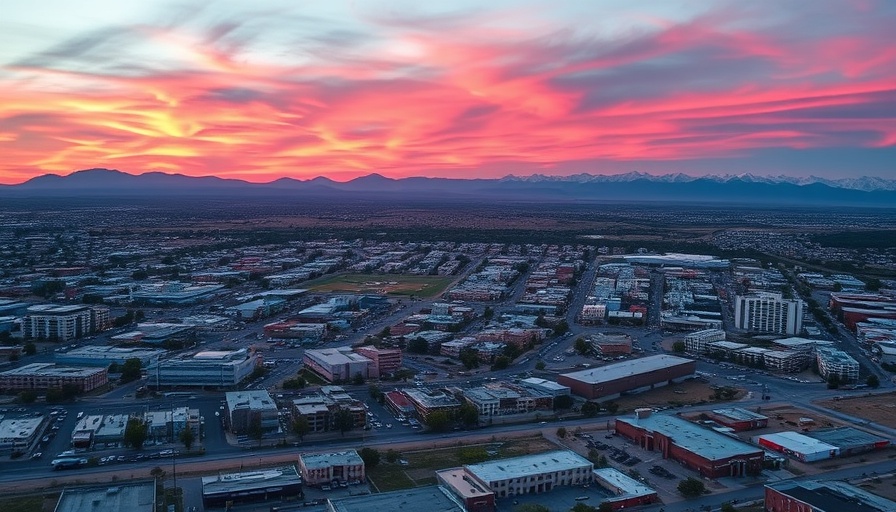
Unearthing El Paso's Hidden History
In Richard Parker's final testament, The Crossing: El Paso, the Southwest, and America’s Forgotten Origin Story, the narrative weaves together the rich tapestry of El Paso, Texas, a city that stands at a crossroads of history and culture. Parker's exploration delves deep into the vibrant yet often overlooked heritage of this region, which is not just a geographic outlier of Texas but a cradle of American history.
Significance of the Rio Grande
The story of El Paso is intrinsically linked to the Rio Grande/Río Bravo, which served as a life source for various Indigenous tribes long before Spanish conquistadors arrived in the late 16th century. Parker's insightful reflections highlight the conception of agriculture and trade that thrived in the Lower Valley of El Paso, contrasting its arid landscape with the lush green areas found elsewhere in Texas. This context is vital for understanding why El Paso has been historically sidelined in broader Texas narratives.
The Overlooked Crossings of El Paso
One compelling aspect of Parker's book is the attention to forgotten sites like the original crossing point where Don Juan Onate led settlers in 1598. Today, this site is nearly obscured, hemmed in by a formidable border fence and scarcely accessible due to various barriers that stem both from geography and socio-political factors. Despite these challenges, the crossing is emblematic of El Paso's historical significance—serving as a launchpad for the expansion of colonial powers across North America.
El Paso's Unique Cultural Identity
El Paso's identity as the Other Texas is encapsulated in Parker’s narrative and echoed through cultural experiences that foster a deep sense of pride among locals. The recent closure of iconic eateries like La Hacienda, which offered glimpses of the crossing site, not only limits access to its historical significance but also emphasizes the shifting socio-economic landscape of the area. For business leaders in El Paso, recognizing the rich cultural roots of the community can inspire ventures that promote and celebrate local heritage.
Opportunities for Economic Growth
For business owners and leaders, Parker’s work resonates as a wake-up call to harness the unique characteristics of El Paso in their strategies. This city is at a critical junction where historical recognition intersects with economic opportunity. Businesses can take advantage of this authenticity by fostering cultural tourism, developing historical tours, or promoting local music and arts that celebrate the unique fusion of cultures.
Embracing the 'Other Texas'
As El Paso continues to grapple with its identity, the question remains—how can local businesses contribute to revitalizing public interest in this untold history? Business initiatives can intertwine the rich stories of El Paso’s past with modern entrepreneurial efforts, drawing in visitors while creating a sustainable economic model. This can result in new avenues of revenue that benefit both the business sector and the community.
Conclusion: The Way Forward
Parker’s exploration not only sheds light on forgotten crossings but also serves as a clarion call for a renewed investment in El Paso’s cultural heritage. By embracing and promoting this, business leaders have the power to cultivate a rich narrative that draws on a unique blend of history and modern enterprise. It’s time for El Paso to step into the spotlight and reclaim its rightful place in Texas’s story. Business owners are encouraged to develop partnerships and initiatives that highlight local history, inviting more investment and growth into this gem of the American Southwest.
 Add Row
Add Row  Add
Add 




Write A Comment